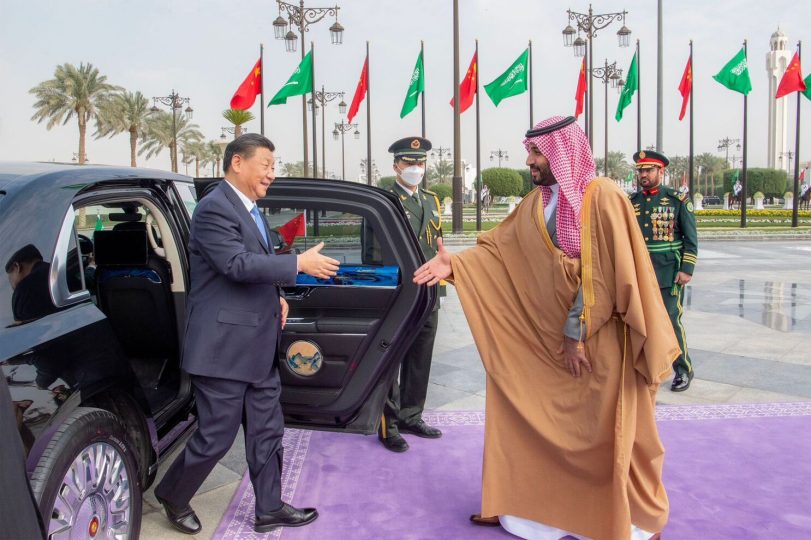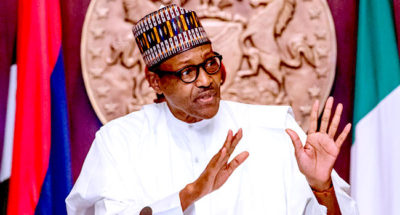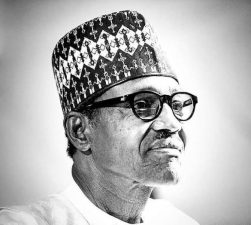With AFP
Chinese President Xi Jinping touched down in Saudi Arabia during the week, precisely on Wednesday December 6, 2022 for a visit that was scheduled to focus on energy ties but also followed months of tensions with the United States.
Xi, recently re-anointed as leader of the world’s second biggest economy, arrived in the capital Riyadh, Chinese state media said, for a three-day visit billed to end yesterday, that is Friday December 9, and which would include talks with the Saudi rulers and other Arab leaders.
He was treated to a warm welcome in Riyadh, where the Chinese flag alternated with the Saudi emblem on major routes. The Chinese leader was pictured on the front pages of newspapers that highlighted the trip’s potential economic benefits.
China is the top customer for oil from Saudi Arabia, the leading exporter of crude, and both sides appear keen to expand their relationship at a time of economic turmoil and geopolitical realignment.
The trip — only Xi’s third overseas journey since the coronavirus pandemic began, and his first to Saudi Arabia since 2016 — came after US President Joe Biden’s visit in July, when he pleaded in vain for higher oil production.
It featured bilateral meetings with Saudi King Salman and Crown Prince Mohammed bin Salman, the de facto ruler, as well as a summit with the six-member Gulf Cooperation Council and a wider China-Arab summit.
The programme represented the “largest-scale diplomatic activity between China and the Arab world since the founding of the PRC”, or People’s Republic of China, foreign ministry spokeswoman Mao Ning said on Wednesday.
The official Saudi Press Agency said the kingdom accounted for more than 20 percent of Chinese investment in the Arab world between 2005 and 2020, “making it the biggest Arab country to receive Chinese investments during that period”.
Oil markets were a top agenda item for talks between China and Saudi Arabia, especially given the turbulence the markets have experienced since Russia military operations in Ukraine started February 14, 2022.
The G7 and European Union on Friday December 2 agreed to a $60-per-barrel price cap on Russian oil in an attempt to deny the Kremlin war resources, injecting further uncertainty into the markets.
On Sunday December 4, the OPEC+ oil cartel led jointly by Saudi Arabia and Russia opted to keep in place production cuts of two million barrels per day approved in October.
Saudi and Chinese officials have provided scant information about the agenda, though Ali Shihabi, a Saudi analyst close to the government, said he expected “a number of agreements to be signed”.
Beyond energy, analysts say leaders from the two countries will likely discuss potential deals that could see Chinese firms become more deeply involved in mega-projects that are central to Prince Mohammed’s vision of diversifying the Saudi economy away from oil.
They include a futuristic $500 billion megacity known as NEOM, a so-called cognitive city that will depend heavily on facial recognition and surveillance technology.
Tensions with Washington
The OPEC+ production cuts approved in October represented the latest blow to the longtime partnership between Saudi Arabia and the United States, which said they amounted to “aligning with Russia” on the war in Ukraine.
Xi’s visit is expected to be closely watched in Washington, which entered into what is often described as an oil-for-security partnership with Saudi Arabia towards the end of World War II.
While the Biden administration has smarted over the production cuts, Riyadh has at times accused the United States of failing to hold up the security end of the bargain, notably after strikes in September 2019 claimed by Yemen’s Huthi rebels temporarily halved the kingdom’s crude output.
China and Saudi Arabia already work together on arms sales and production.
Yet analysts say Beijing cannot provide the same security assurances Washington does — nor does it wish to.
Nevertheless, if the Saudis are “looking to extract more security guarantees from the US… signalling that they have the opportunity of strengthening ties with China is something that suits them well,” said Torbjorn Soltvedt, of the risk intelligence firm Verisk Maplecroft.
The GCC-China summit will be held in Riyadh on Friday, the bloc said in a statement.




